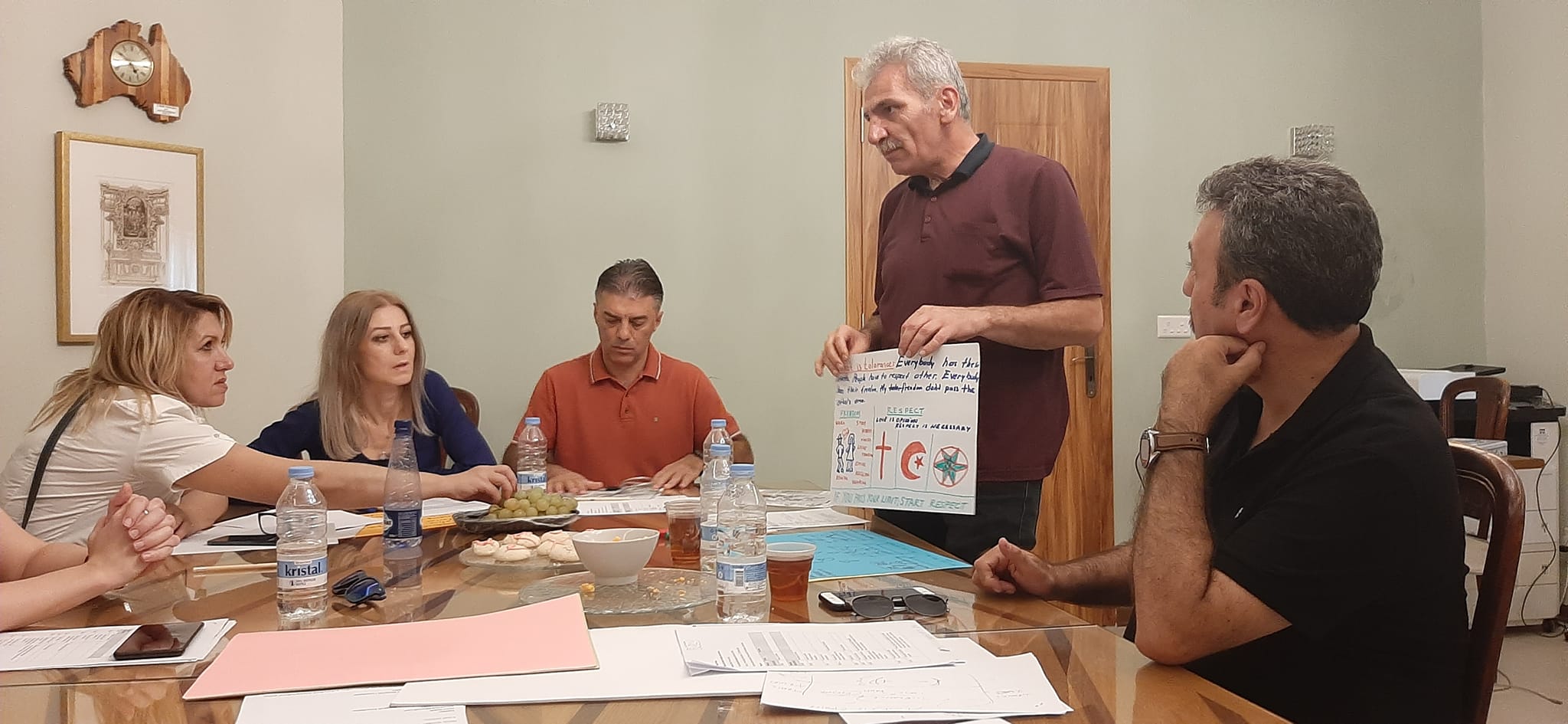Life Beyond Project 2020-1-MT01-KA105-074126 was supported by Malta National Agency as an Erasmus+ project. Genista (Malta) Tokat Economic Development and Vocational Development Association (Turkey) Rural Center (Northern Ireland) Fattoria Pugliese Diffusa (Italy) and Sonhos De Igualdade (Portugal) in partnership with Malta’s Gozo island.
This is a youth workers project where international participants (youth workers and volunteers working with youth) will visit funeral sites in each other’s countries to understand intercultural differences, organize workshops, discussions, debates and create awareness events using drama, short video clips and mime. Each country has its own funeral rites, often linked to their own religious beliefs, which are deeply rooted in the history and culture of the country. By visiting the burial sites and encouraging discussion/discussion in the visited places of the partner countries, the participants learn about these rites and rituals and, as a result, they also learn about the history and culture of the host country. The topic has been determined because it will bring the participants to the bottom in understanding different cultures, help them better understand that our so-called cultural differences have a common understanding, bring them closer to understanding different people, different cultures, and help determine what brings.
Being closer to each other, accepting refugees, immigrants or foreigners of different faiths among us will improve our society because our NGOs will be empowered through youth workers, learn new knowledge and share their experiences with each other for later use. in local activities. It also aims to help participants understand that cemeteries and cemeteries are often architectural gems. Statues, shrines, and burial sites are often elaborate and ornate, sometimes even featuring fine funerary art. They inform broad questions about commemoration, memory, and identity. It aims to help participants learn and understand about their common common history and different cultures. This will help them:
- better understand cultural diversity and intercultural differences;
- to help society accept different cultures and traditions, taking into account the different European societies;
- Comprehends the importance of common integration in society without prejudice and misunderstandings.
History and cultural heritage is an expression of identity for any community. But it is also an expression of difference for anyone who does not belong to that community. Participants will realize that history and cultural heritage help to position themselves within the environment, thus providing orientation and forming identities, supporting individual and group identity in an increasingly consumerist culture. Individual identity is promoted through history and cultural heritage as they develop the ability to accept their own identity. However, they can be perceived as a symbol of the “other” or even as a threat to one’s own identity. It aims at making this otherness evident so that differences can be emphasized, mediated, mitigated, mediated, and overcome. Tolerance is fostered by embracing the “other”.
During the workshop, study visits, the participants will meet with historical figures who have made the country the nation it is today – artists, politicians, journalists, athletes, etc., who have contributed to the art, music and literature of the nation. They visit the graves of historical figures such as Mass graves of World War II soldiers to remind the futile loss of life so that this never happens again.
During the workshop, it is aimed that participants reflect and reflect on what life is about and what is important, as burial sites bring people in touch with our own death. It exists in order to be aware of the fragility of life and to evaluate it better.

